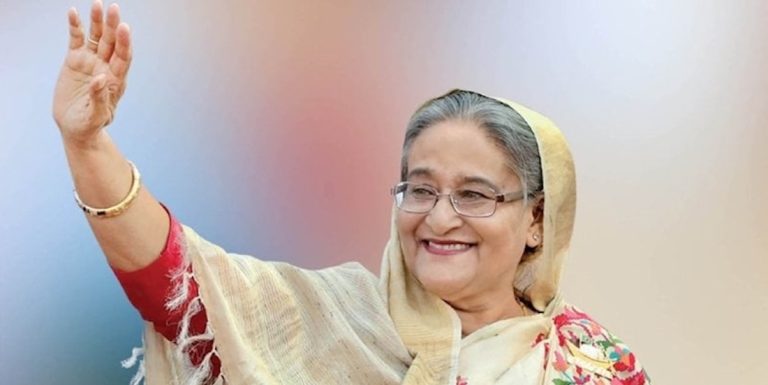
International Criminal Court Expected to Review Case Against Former Leader

New York, N.Y. — Bangladesh’s International Crimes Tribunal has formally indicted ousted Prime Minister Sheikh Hasina on charges of crimes against humanity, marking a pivotal moment in the country’s pursuit of justice following the deadly protests that toppled her government in 2024.
Tribunal Charges Former Leader with Systematic Violence
The International Crimes Tribunal in Dhaka issued five separate charges against Hasina on July 10, 2025, accusing her of orchestrating what prosecutors describe as systematic violence against peaceful protesters.

The tribunal’s investigation centers on the brutal suppression of demonstrations that erupted between July and August 2024, ultimately leading to her removal from power.
According to the United Nations report cited in the indictment, the government’s response to the protests resulted in approximately 1,400 deaths, making it one of the deadliest episodes of civil unrest in Bangladesh’s modern history.
The charges paint a picture of deliberate and coordinated violence designed to crush dissent and maintain authoritarian control.
Chief prosecutor Muhammad Taj Uddin told the tribunal that Hasina acted as the “mastermind” behind a campaign of terror that targeted students, opposition activists, and ordinary citizens who dared to challenge her increasingly authoritarian rule.
The indictment alleges that she personally authorized the use of excessive force against protesters, transforming what began as peaceful demonstrations into a bloodbath.
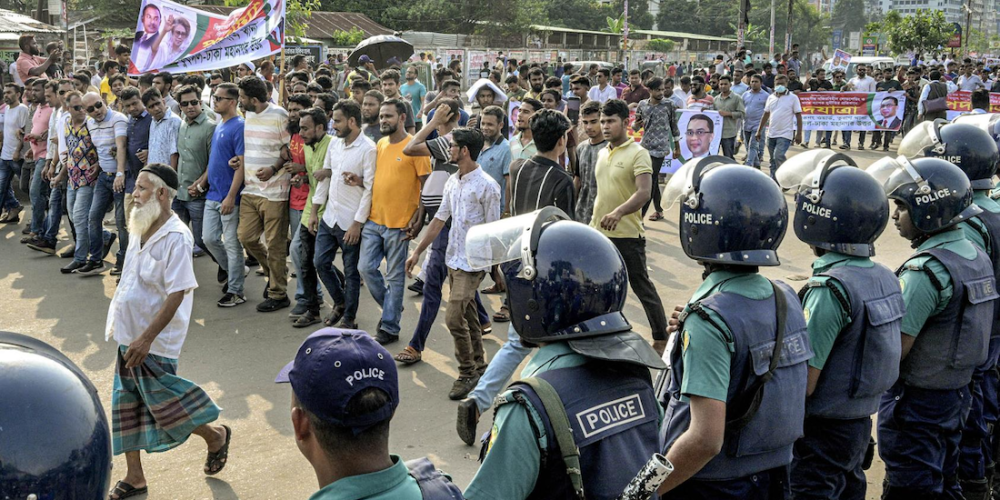
Audio Evidence Reveals Alleged Orders for Lethal Force
Perhaps most damning among the evidence presented is a series of audio recordings analyzed by the BBC, which appear to capture Hasina ordering security forces to “use lethal weapons” against protesters. These recordings, if authenticated, would provide direct evidence of her personal involvement in escalating the violence that claimed so many lives.
The Awami League, Hasina’s political party, has vehemently denied the authenticity of these recordings, calling them fabricated evidence designed to justify what they characterize as an illegal coup. Party spokesperson Obaidul Quader dismissed the tribunal proceedings as a “kangaroo court” orchestrated by political opponents seeking revenge rather than justice.
However, human rights organizations have welcomed the indictment as a crucial step toward accountability. Amnesty International and Human Rights Watch have documented extensive evidence of extrajudicial killings, torture, and forced disappearances during the protests, painting a picture of state-sponsored violence that extended far beyond crowd control.
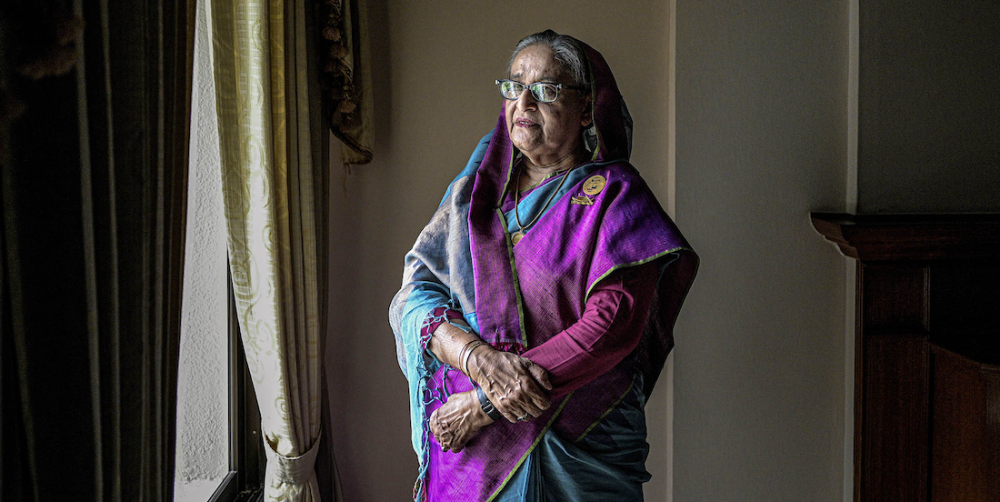
International Community Divided on Response
The international response to Hasina’s indictment has revealed deep divisions within the global community. While European Union officials have praised the tribunal’s work as essential for Bangladesh’s democratic transition, other nations have expressed concerns about the proceedings’ legitimacy and potential for political manipulation.
The Economist and other international publications have called for interim leader Muhammad Yunus to allow the Awami League to participate in future elections, arguing that excluding major political parties could undermine democratic legitimacy. However, many Bangladeshi civil society organizations argue that the party’s systematic corruption and violence make such participation impossible without comprehensive reforms.
Dr. Yunus, the Nobel Prize-winning economist who assumed leadership after Hasina’s ouster, has maintained that any political party’s future participation depends on its willingness to account for past crimes and commit to democratic principles. This position has drawn both praise for its principled stance and criticism for potentially deepening political divisions.
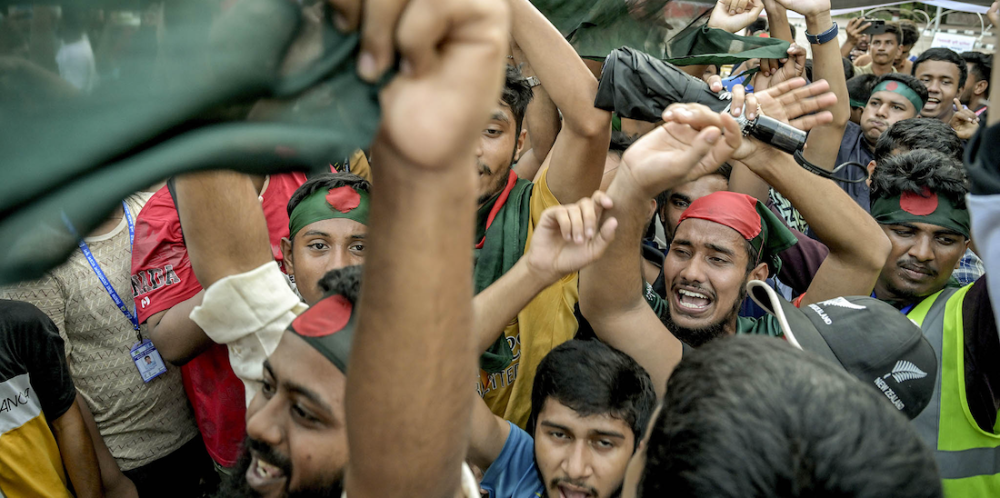
Broader Implications for Regional Stability
The indictment’s implications extend far beyond Bangladesh’s borders, potentially affecting regional stability and international relations in South Asia. Hasina’s government had maintained close ties with India, and her removal has already altered the geopolitical dynamics in a region where China and India compete for influence.
The tribunal’s work also sets a precedent for accountability in a region where authoritarian leaders have long operated with impunity. The proceedings are being closely watched by civil society organizations across South Asia, who see them as a potential model for addressing similar crimes in other countries.
Path Forward Remains Uncertain
As Bangladesh continues its difficult transition toward democracy, the Hasina indictment represents both progress and new challenges. While the charges demonstrate the interim government’s commitment to justice, they also risk deepening political polarization and potentially destabilizing the country’s fragile democratic institutions.
The international community’s role in supporting this transition will be crucial in determining whether Bangladesh can successfully overcome its authoritarian past and build a more democratic future. The tribunal’s work, while controversial, represents an important step toward ensuring that those responsible for mass atrocities are held accountable for their actions.
The coming months will test whether Bangladesh can balance the demands of justice with the need for national reconciliation, a challenge that will ultimately determine the success of its democratic transition and the prospects for lasting peace and stability.
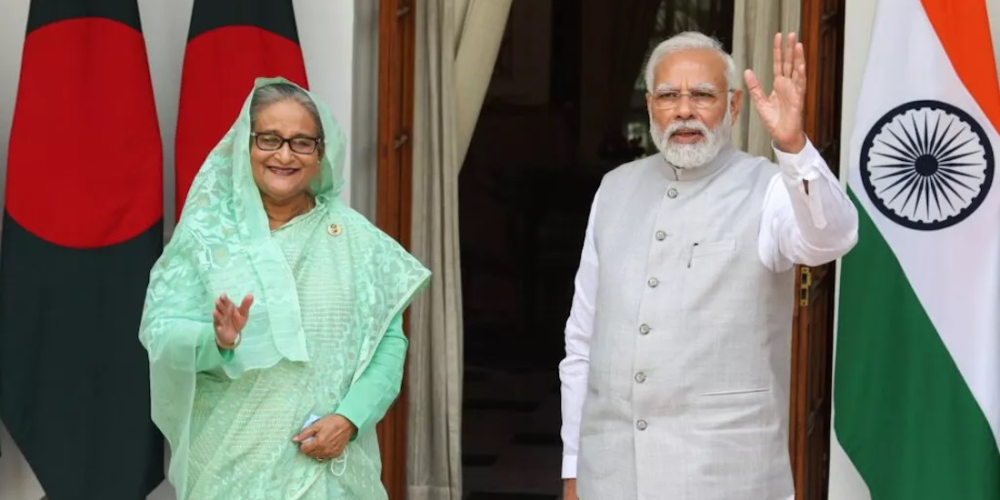
Bangladesh Tribunal Indicts Ousted Prime Minister Hasina (July 15, 2025)
#BangladeshJustice #SheikhHasina #CrimesAgainstHumanity #BangladeshTribunal #HumanRights
#Democracy #SouthAsia #AccountabilityMatters #PoliticalJustice #InternationalLaw
TAGS: bangladesh, sheikh hasina, crimes against humanity, international tribunal, human rights, democracy, accountability,
protests, south asia, political violence, muhammad yunus, awami league, international law, justice system, authoritarianism
Audio Summary (75 words)
Bangladesh’s tribunal has indicted former Prime Minister Sheikh Hasina for crimes against humanity related to the suppression of 2024 protests that killed up to 1,400 people. The charges include being the mastermind behind mass killings and injuries to civilians. BBC analysis of audio recordings suggests Hasina ordered security forces to use lethal weapons against protesters, though her party denies this. The indictment represents a significant step toward accountability for the violent crackdown on demonstrators.